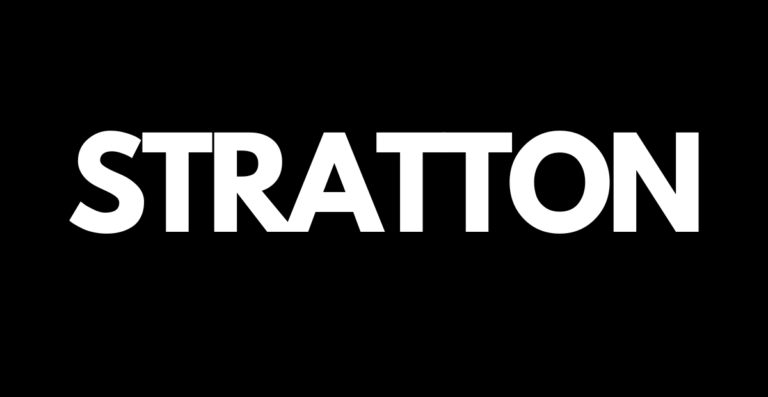Stratton Holdings: Mitigating Business Risks through Strategic Risk Control

In the dynamic landscape of modern business, where uncertainties abound and market volatility is a constant challenge, holding companies play a pivotal role in shaping the trajectory of multiple enterprises. Among these, Stratton Holdings stands out as an exemplar in risk management and control, employing a strategic approach to reduce the inherent risks and volatility associated with its diverse business portfolio.
Business risks encompass a broad spectrum of uncertainties that have the potential to impact the operations, financial health, and reputation of an organization. Market risk, for instance, involves the vulnerability of a business to fluctuations in market conditions, including changes in demand, competitive landscapes, and consumer preferences. Financial risks pertain to exposure to variables such as currency exchange rates, interest rate fluctuations, and overall financial market instability. Operational risks arise from disruptions in day-to-day activities, ranging from equipment failures and supply chain interruptions to human errors. Strategic risks involve challenges related to the execution and adaptability of the organization’s strategic decisions. Compliance and legal risks stem from potential legal actions, regulatory changes, or non-compliance with industry standards. Additionally, reputational risks are associated with negative publicity, customer dissatisfaction, or ethical concerns that can harm the brand and trust in the business.
On a technological front, businesses face risks associated with cybersecurity threats, such as data breaches and cyberattacks. Human resource risks involve challenges in workforce management, from talent acquisition and retention to labor strikes. Environmental and sustainability risks consider the impact of changing environmental policies and the organization’s commitment to sustainable practices. Political and economic risks involve exposure to shifts in government policies, political instability, and economic conditions. In essence, the landscape of business risks is multifaceted, requiring comprehensive risk management strategies to anticipate, assess, and mitigate these uncertainties effectively.
Strategic Oversight for Risk Mitigation: At the core of Stratton Holdings’ methodology is a robust system of strategic oversight. The company carefully delineates its risk tolerance and aligns subsidiary operations accordingly. By establishing clear guidelines and objectives for each business under its purview, Stratton ensures a proactive stance in risk mitigation.
Diversification as a Risk Management Tool: One of the key strategies employed by Stratton Holdings is portfolio diversification. By maintaining a varied portfolio of businesses across industries, geographies, and market segments, the holding company reduces exposure to industry-specific risks and minimizes the impact of economic downturns on any single subsidiary. This diversification strategy acts as a shield, spreading risk across the portfolio and enhancing the overall resilience of the business collective.
Financial Vigilance and Resource Allocation: Stratton Holdings exercises meticulous financial management, ensuring that resources are allocated judiciously among its subsidiaries. This not only optimizes operational efficiency but also acts as a risk control mechanism. By closely monitoring the financial health of each subsidiary, the holding company can identify potential vulnerabilities early on and take corrective measures to safeguard against financial risks.
Proactive Risk Assessment and Mitigation: Stratton Holdings distinguishes itself through its proactive approach to risk assessment. Rather than reacting to market fluctuations, the holding company engages in continuous risk evaluation. Regular risk assessments enable timely adjustments to strategies, ensuring that the overall business portfolio remains agile and responsive to changing market dynamics.
Stratton’s Approach to Mergers and Acquisitions: In the realm of mergers and acquisitions, Stratton Holdings exercises a discerning strategy. The company evaluates potential acquisitions with a keen eye on how they align with its risk control objectives. Acquiring businesses that complement existing operations and contribute to a more balanced portfolio is a deliberate move to enhance overall risk management capabilities.
Conclusion: Stratton Holdings’ commitment to risk control sets it apart as a trailblazer in the holding company landscape. By weaving risk management into the fabric of its operations, the company not only reduces volatility but also fosters an environment where subsidiaries can thrive with confidence. In an era defined by uncertainty, the Stratton model stands as a testament to the power of strategic risk control in navigating the complexities of the business world.

